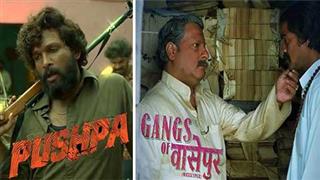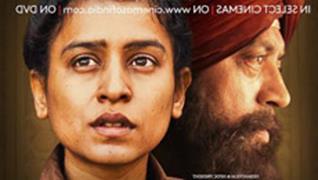Director: Anup Singh
Stars:****
Qissa is a brutally honest and shocking portrayal of the psyche of individuals who were unsettled during the Partition of 1947. It is primarily the story of Umber Singh (Irrfan) and his family but reflects on the utter helplessness and desperate need for anchor that everyone affected by the Partition felt at that point of time.
Umber Singh is a disappointed man. He has to move out of his ancestral home in the Pakistan side of Punjab to an unknown neighbourhood of Indian side of Punjab. His wife Meher (Tisca Chopra) has already borne him three daughters while he fervently hoped for a son. Umber decides to cheat fate and refuses to accept that Meher has delivered a girl for the fourth time. He names this child Kanwar and brings her up as a son. Kanwar (Tillotama Shome) is in a perplexed state of identity crisis as she veers between the desire to doll up like his sisters and going along with the pretension of being her father's son.
The surrealism starts getting to you, as Umber gets Kanwar married to an unsuspecting girl Neeli (Rasika Dugal). Meher is a silent sufferer, typical of women in a patriarchal society, in that time and region, as Umber continues forcing the family to live in his delusional world. And then the surrealism makes way for the supernatural as you are haunted by Umber's passion and desperate need for a male heir at any cost.

Anup Singh's near brilliant direction keeps you hooked throughout and takes you through wells of despair and at points, the stark realism gets too uncomfortable to bear.
The story (written by Singh and Madhuja Mukherjee) belies an amazing depth, but it's also the perfect casting that adds to the effect.
Irrfan, undoubtedly one of the best actors we have amidst us, owns this film with such perfect ease that going with the mood of the film, it seems like he could be born as Umber Singh in a parallel world. Shome as the traumatised Kanwar is excellent and so is the lovely Rasika. Tisca Chopra also lends good support to the film.
























